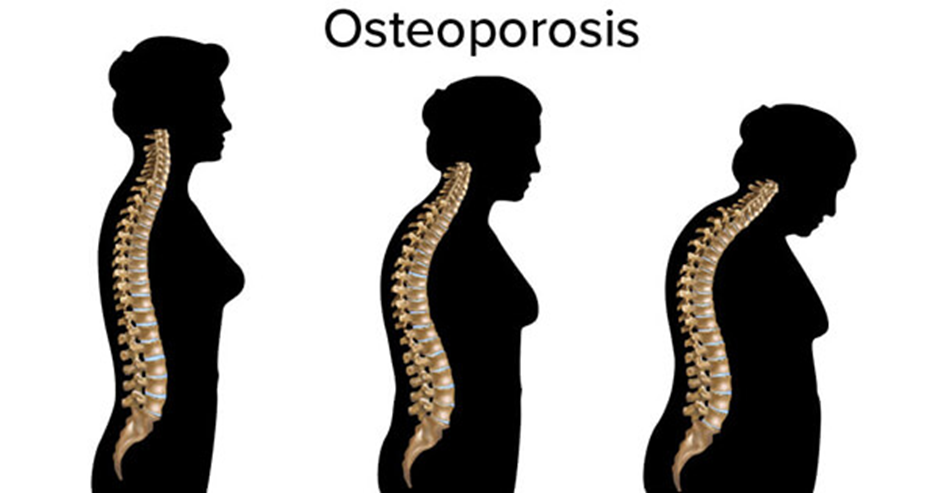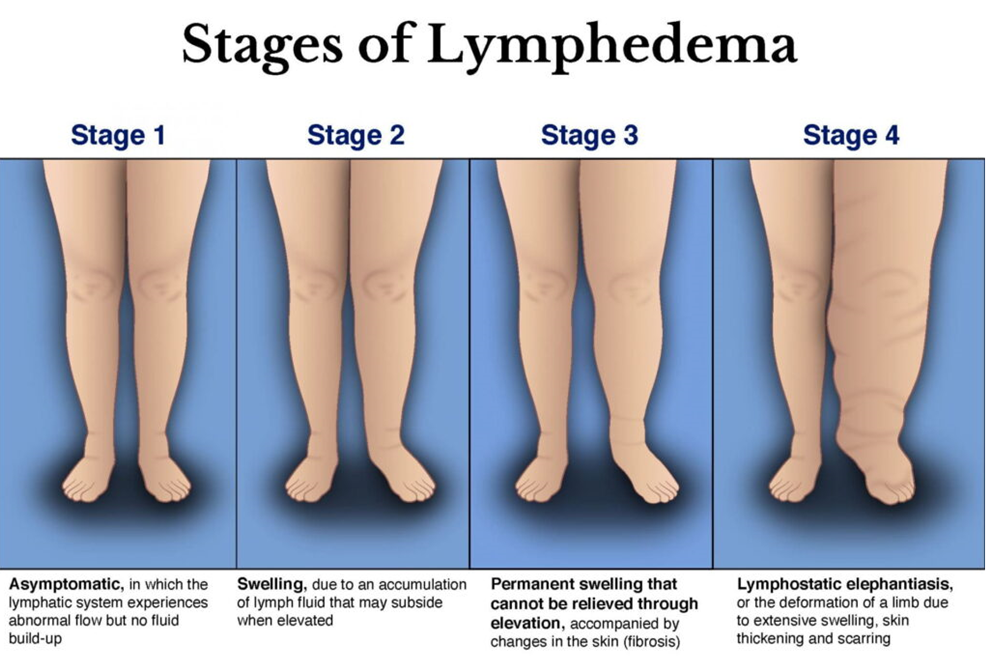A nurse is reviewing a client's medical history to identify risk factors for osteoporosis. The nurse should identify that which of the following findings is a risk factor for developing osteoporosis?
Uses NSAIDs for pain relief
Age 45 years
Smokes cigarettes
Regular aerobic exercise
The Correct Answer is C
Choice A reason: Using NSAIDs for pain relief is not a risk factor for osteoporosis. NSAIDs are nonsteroidal anti-inflammatory drugs that are used to treat pain and inflammation. They do not affect bone density or calcium metabolism.
Choice B reason: Age 45 years is not a risk factor for osteoporosis. Osteoporosis is more common in older adults, especially postmenopausal women, but it can affect anyone at any age. The risk of osteoporosis increases with age, but it is not determined by a specific age.
Choice C reason: Smoking cigarettes is a risk factor for osteoporosis. Smoking can reduce bone mass and increase bone loss by interfering with the production and activity of estrogen, which is a hormone that protects bone health. Smoking can also impair blood circulation and oxygen delivery to the bones, which can affect their growth and repair.

Choice D reason: Regular aerobic exercise is not a risk factor for osteoporosis. Aerobic exercise is a type of physical activity that increases the heart rate and improves cardiovascular fitness. Aerobic exercise can also benefit bone health by stimulating bone formation and increasing bone density. Aerobic exercise can also prevent falls and fractures by improving balance and coordination.
Nursing Test Bank
Naxlex Comprehensive Predictor Exams
Related Questions
Correct Answer is B
Explanation
Choice A reason: Restricting the client's calorie intake to no more than 2,000 calories per day is not an appropriate action, as it can impair wound healing and increase the risk of infection or malnutrition. The nurse should provide adequate calories and protein to meet the increased metabolic demands and support tissue repair and regeneration.
Choice B reason: Changing sterile gloves between caring for wounds on different areas of the body is an appropriate action, as it can prevent cross-contamination and infection of the burn wounds, which are susceptible to bacterial colonization and sepsis.
Choice C reason: Limiting movement or bending of the client's affected extremities is not an appropriate action, as it can cause contractures, joint stiffness, or muscle atrophy in the burned areas. The nurse should encourage early and frequent range of motion exercises and use splints or positioning devices to maintain functional alignment and mobility.
Choice D reason: Administering a diuretic if the client's urine output falls below 30 mL/hr is not an appropriate action, as it can worsen dehydration, electrolyte imbalance, or renal failure that can occur after severe burns. The nurse should monitor fluid status and urine output closely and administer intravenous fluids as prescribed to maintain adequate hydration and perfusion.
Correct Answer is B
Explanation
Choice A reason: Keeping both arms below the level of the client's heart can increase venous pressure and fluid accumulation in the affected arm, which can lead to lymphedema.
Choice B reason: After a mastectomy, it’s important to avoid procedures like blood draws, injections, or blood pressure measurements on the side where the surgery was performed to prevent lymphedema. Therefore, using the client’s left arm for blood samples is a preventive measure.
Choice C reason: Obtaining blood pressure readings using the client's right arm is an incorrect action that can increase lymphatic fluid accumulation and impair circulation in the affected arm.
Choice D reason: Limiting range-of-motion exercises with the affected arm is an incorrect action that can decrease lymphatic drainage and increase swelling in the affected arm. The nurse should encourage the client to perform gentle exercises, such as squeezing a soft ball or raising and lowering the arm, to promote lymphatic flow and prevent stiffness.

Whether you are a student looking to ace your exams or a practicing nurse seeking to enhance your expertise , our nursing education contents will empower you with the confidence and competence to make a difference in the lives of patients and become a respected leader in the healthcare field.
Visit Naxlex, invest in your future and unlock endless possibilities with our unparalleled nursing education contents today
Report Wrong Answer on the Current Question
Do you disagree with the answer? If yes, what is your expected answer? Explain.
Kindly be descriptive with the issue you are facing.
